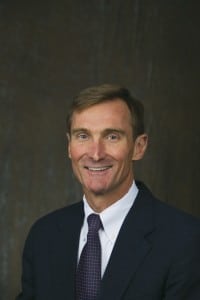
Leidos [LDOS] on Tuesday posted a hefty loss in its second quarter due mainly to two impairment charges associated with its commercial health and engineering businesses, while sales also fell on a decline in work in these businesses and for overseas contingencies. Net income swung to a $438 million loss, $5.92 earnings per share (EPS), from profit of $42 million (50 cents EPS) a year ago. Leidos took charges of $510 million due to what new CEO Roger Krone described…

 By
By 










